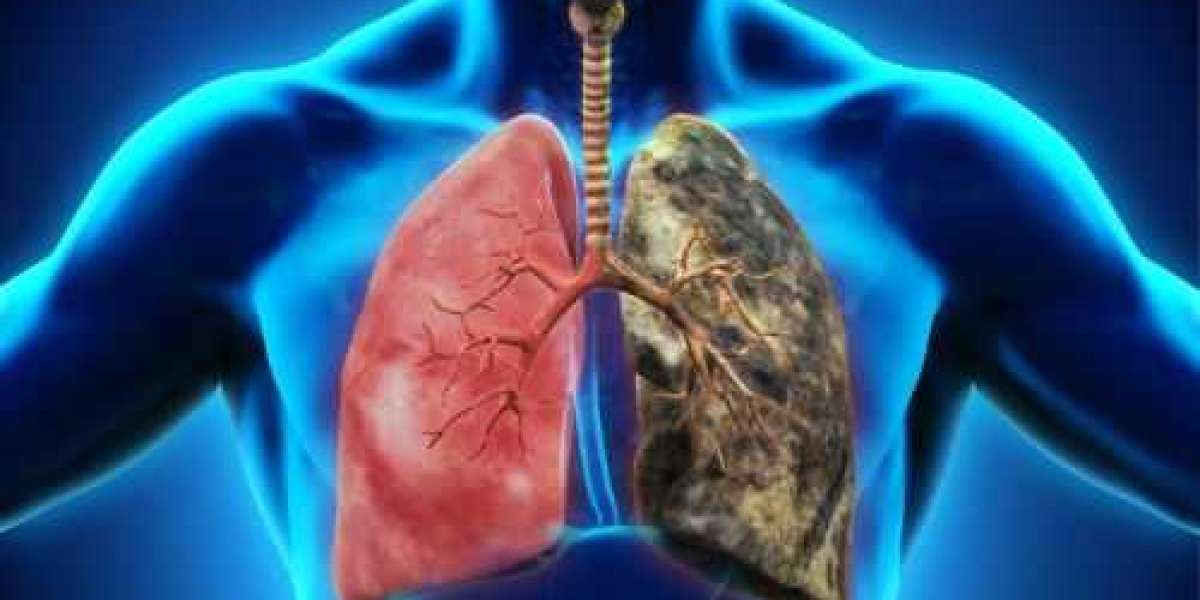When someone is diagnosed with lung cancer, the road to recovery involves more than just the initial treatment. Understanding and managing follow-up care is crucial. This care helps ensure that the cancer does not return and addresses any new issues that might come up. Here’s why follow-up care is so important and what it usually involves.
What is Follow-Up Care?
Follow-up care is the ongoing medical care and monitoring you receive after your initial lung cancer treatment. It includes regular visits to your doctor, tests, and possibly additional treatments to ensure that everything is on track. The goal is to catch any signs of cancer returning or any side effects from treatment as early as possible.
Why is Follow-Up Care Important?
- Detecting Recurrence Early
Lung cancer can sometimes come back after treatment. This is known as a recurrence. Regular check-ups and tests help doctors spot any signs of cancer returning before it becomes a serious problem. The sooner it’s detected, the easier it might be to treat.
- Managing Side Effects
Treatment for lung cancer, such as surgery, chemotherapy, or radiation, can have side effects. These might include things like fatigue, trouble breathing, or other issues. Follow-up care helps manage these side effects and improve your quality of life.
- Monitoring Overall Health
Your body might need time to heal from cancer treatment. Follow-up care allows your doctors to monitor your overall health and make sure that your body is recovering as expected. This includes checking your lung function, heart health, and general well-being.
- Adjusting Treatment Plans
Sometimes, based on your recovery and any side effects you experience, your doctor might need to adjust your treatment plan. This could involve changing medications, adding new therapies, or offering advice on lifestyle changes to help you stay healthy.
Common Follow-Up Tests and Procedures
- Imaging Tests
Doctors often use imaging tests like CT scans or X-rays to keep an eye on your lungs and other areas of your body. These tests help check for any signs of cancer coming back or new problems.
- Blood Tests
Regular blood tests can help track your overall health and detect any issues related to your treatment. For example, these tests can show how well your organs are functioning and if there are any signs of infection.
- Physical Exams
Your doctor will perform regular physical exams to check your general health and listen to your concerns. They might also check your lungs and other parts of your body to look for any changes.
- Pulmonary Function Tests
These tests measure how well your lungs are working. They are important, especially if you’ve had surgery or radiation, to see how well your lungs are healing and to help manage any breathing issues.
What to Expect During Follow-Up Visits
During follow-up visits, you’ll talk with your doctor about how you’re feeling and any new symptoms you might have. Your doctor will review your test results and discuss any changes needed in your care plan. It’s also a good time to ask questions and share any concerns you have about your recovery.
Managing Lifestyle and Health After Treatment
- Healthy Diet
Eating a balanced diet can help your body recover and stay strong. Your doctor or a nutritionist might give you advice on what foods are best for you.
- Regular Exercise
Staying active is important for your overall health. Your doctor can suggest exercises that are safe and beneficial for you as you recover.
- Quit Smoking
If you smoke, quitting is one of the most important things you can do for your health. It helps improve your lung function and reduces the risk of cancer returning.
- Emotional Support
Dealing with cancer and its treatment can be stressful. Seeking support from family, friends, or a counselor can help you cope with the emotional challenges.
Closing Thoughts:
Follow-up care after lung cancer symptoms, causes, and treatment is a key part of staying healthy and preventing cancer from coming back. It involves regular check-ups, tests, and managing any side effects or new issues that arise. By staying on top of follow-up care, you can help ensure that you continue to recover well and maintain your quality of life. Always remember to keep open communication with your healthcare team and follow their advice to get the best outcomes for your health.













